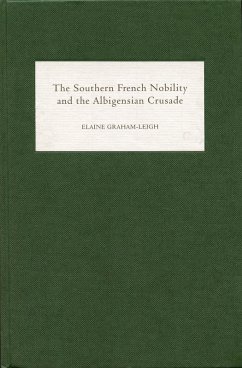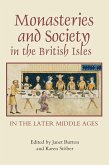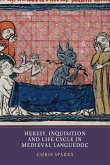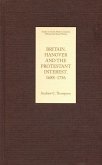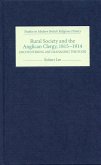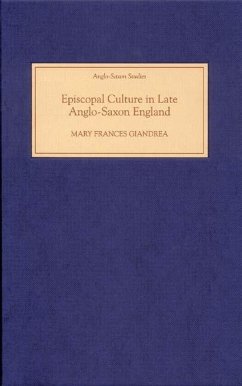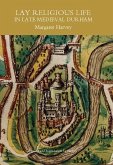A fresh look at the Albigensian Crusade, highlighting its effects upon the indigenous nobility.
The Albigensian Crusade was called by Pope Innocent III in 1208 against the Count of Toulouse in response to the murder of the papal legate Pierre des Castelnau. The Pope's aim was to force the Count and other nobles in Languedocto take action against the Cathar heretics in their lands, but in the end, the defeat of Catharism in the south of France was achieved through the establishment of the Inquisition and the extension of French royal authority to thearea. While some Occitan noble families survived the crusade, others were destroyed and the behaviour of the crusaders towards the local nobility has often been regarded as rather arbitrary, unconnected to how these families related to each other before 1209. This study takes the case of the Trencavel Viscounts of Béziers and Carcassonne, who were the only members of the higher nobility to lose their lands to the crusade, and argues that an understandingof how the Occitan nobility fared in the crusade years must be based in the context of the politics of the noble society of Languedoc, not only in the thirteenth century but also in the twelfth.
ELAINE GRAHAM-LEIGH gained her Ph.D. from the University of London.
The Albigensian Crusade was called by Pope Innocent III in 1208 against the Count of Toulouse in response to the murder of the papal legate Pierre des Castelnau. The Pope's aim was to force the Count and other nobles in Languedocto take action against the Cathar heretics in their lands, but in the end, the defeat of Catharism in the south of France was achieved through the establishment of the Inquisition and the extension of French royal authority to thearea. While some Occitan noble families survived the crusade, others were destroyed and the behaviour of the crusaders towards the local nobility has often been regarded as rather arbitrary, unconnected to how these families related to each other before 1209. This study takes the case of the Trencavel Viscounts of Béziers and Carcassonne, who were the only members of the higher nobility to lose their lands to the crusade, and argues that an understandingof how the Occitan nobility fared in the crusade years must be based in the context of the politics of the noble society of Languedoc, not only in the thirteenth century but also in the twelfth.
ELAINE GRAHAM-LEIGH gained her Ph.D. from the University of London.
Dieser Download kann aus rechtlichen Gründen nur mit Rechnungsadresse in A, D ausgeliefert werden.

